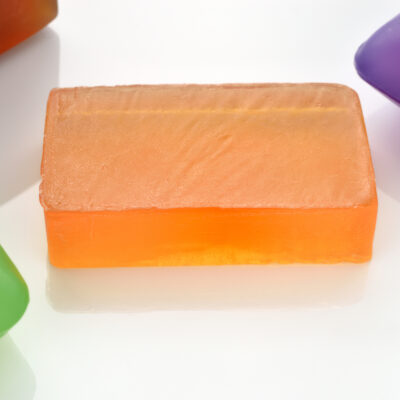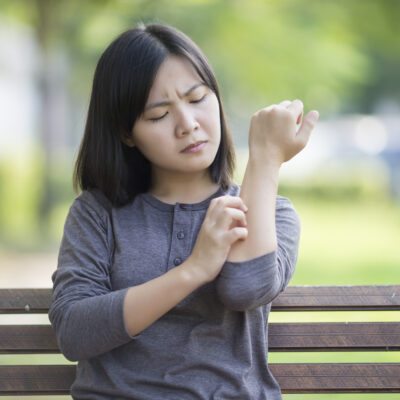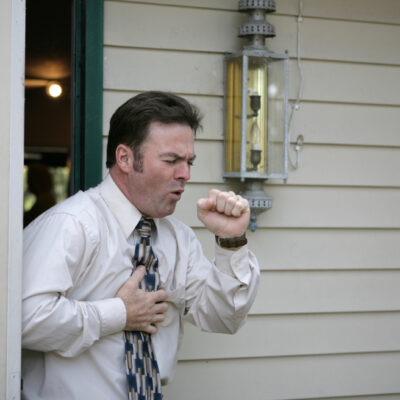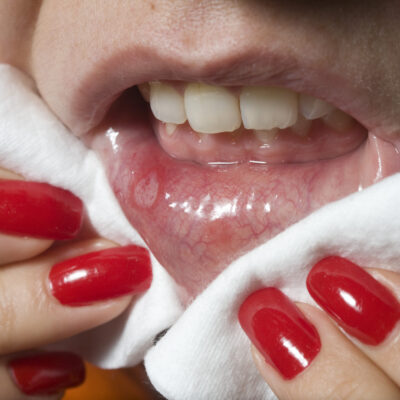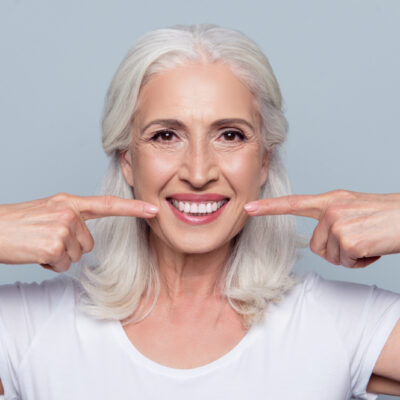
Health
5 Natural Remedies for Attention Deficit Hyperactivity Disorder (ADHD)
Attention deficit hyperactivity disorder (or ADHD) is a mental health disorder that can result in hyperactive and impulsive behaviors. Patients with ADHD may also have difficulty sitting and focusing for long periods of time. While many doctors recommend medications, like Lisdexamfetamine dimesylate to manage ADHD symptoms, many medications can come with a number of side effects. That is why many health care professionals attempt to manage ADHD with natural lifestyle changes, such as: 1. Electroencephalographic (EEG) biofeedback EEG feedback is a type of treatment that involves measuring brain waves. A 2011 study showed that this can be an effective treatment for ADHD. There are several ways that EEG feedback can be conducted. For example, you may be asked to play a video game during a treatment session. You will be asked to focus on one task at a time. The video game may go dark if you lose focus. The game will train you to stay focused on one task at a time. 2. Exercise Exercise isn’t just good for helping you maintain your weight and improving your health. It is also great for managing ADHD symptoms. It can increase the production of a neurotransmitter known as dopamine. This dopamine can make it easier for you to concentrate and think clearly.
Read More 